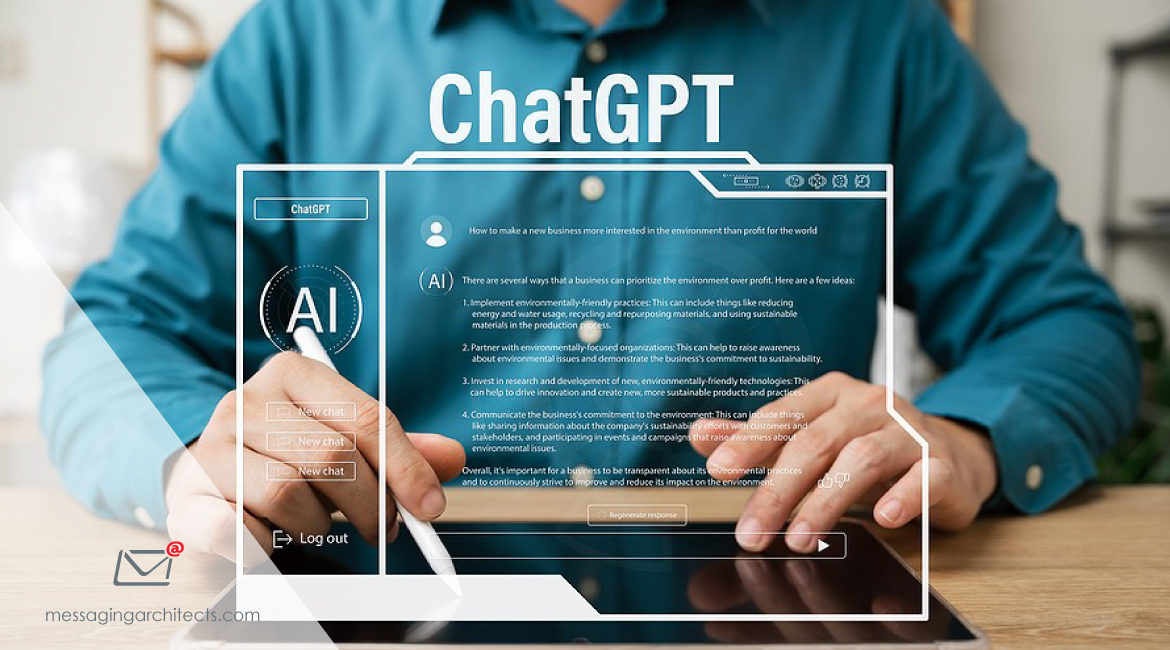Elevate eDiscovery in 2024 with Next-gen Solutions for Persistent Problems
Shifting legal complexities and technological advancements continue to shape the ever-evolving landscape of eDiscovery. As in almost every other industry, AI dominates the conversation around eDiscovery in 2024. But other trends also play a key role, from complex privacy regulations to the challenges of diverse file formats. AI Plays Both Sides Last year, we predicted that AI would streamline the eDiscovery process by suggesting related documents and providing deep insights. And it did. For instance, AI has taken technology assisted review (TAR) to new levels. Clearly, AI will continue to figure prominently in eDiscovery strategies and discussions this year. But




























